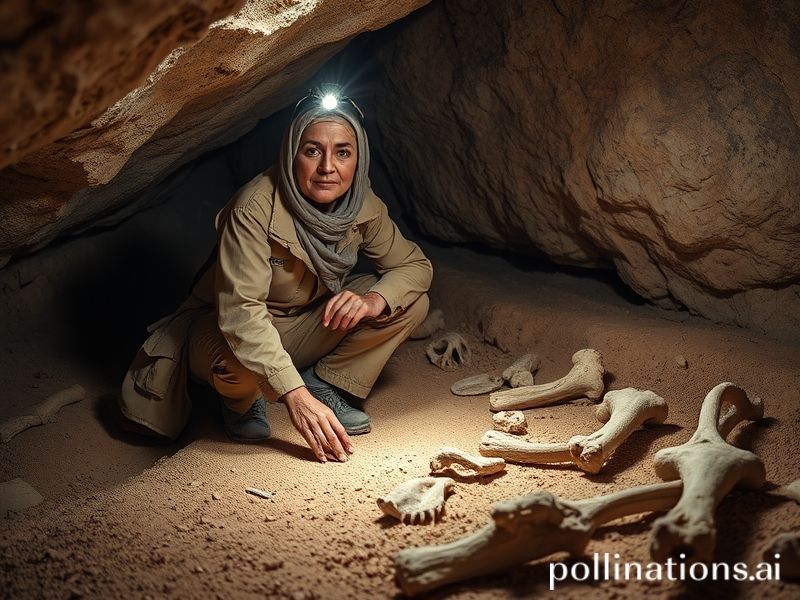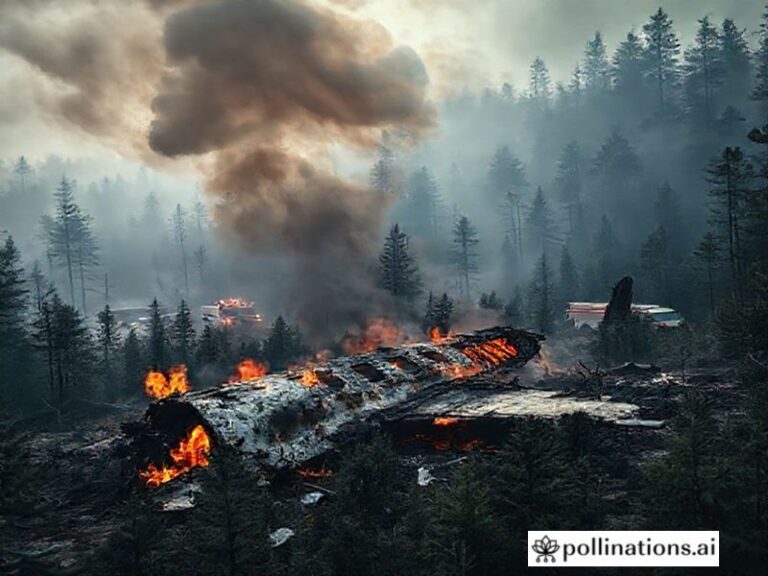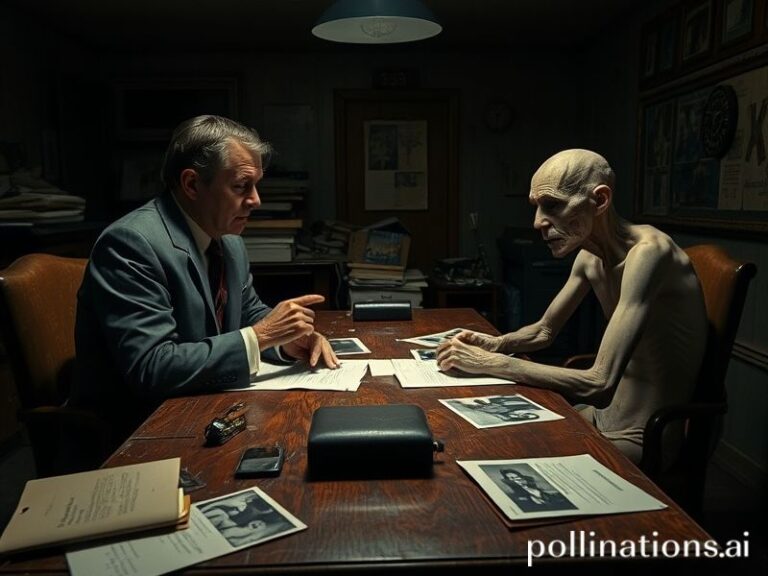Ella al-Shamahi: The Global Grave-Robber Making Extinction Go Viral
Ella al-Shamahi: The Paleopathologist Who Makes Extinction Look Like a Career Move
By Dave’s Locker Foreign Desk
London, Rome, Nairobi, TikTok—wherever you are, the algorithm has probably served you a clip of Ella al-Shamahi: wry grin, hijab tucked under a hard hat, rappelling into a Yemeni sinkhole while explaining that the bones below may rewrite the story of humanity’s great shuffle out of Africa. It’s Indiana-Jones cosplay with better science and fewer Nazis, and the world can’t look away. In an era when most viral “experts” are busy ranking chocolate bars or debunking moon-landing hoaxes with a ring-light and a prayer, al-Shamahi is that rare thing: an actual authority who makes you feel smarter rather than dumber for having pressed “like.”
The international resonance is no accident. Born in Birmingham to Yemeni parents, raised in Wales, trained at University College London, and now field-deployed everywhere the British Foreign Office politely warns you not to go, al-Shamahi is globalization rendered in carbon and calcium phosphate. Her passport stamps read like a UN sanctions list, but her research papers land in Nature and her one-liners land on Netflix (she fronted the series “Neanderthal” and the forthcoming “Digging for Britain’s Slave Trade,” because nothing says Friday-night binge like confronting the empire’s unpaid invoices).
Globally, her work matters because the past is suddenly a contested asset. China funds Confucius Institutes to rebrand ancient dynasties; Turkey restores Hagia Sophia to remind everyone it once had an empire; Greece wants the Elgin Marbles back because, well, rent is due. Against that backdrop, al-Shamahi’s brand of “ethical archeology” feels almost quaint—like asking if the artifact is happy before you dust it off. She insists on local training programs, insists on returning data to host countries, insists on not being yet another Westerner flying home with someone else’s heritage in her carry-on. Naturally, this makes her deeply suspicious to everyone: Western museums worry she’ll set a precedent; local warlords worry she’ll notice the looted antiquities funding their RPG habit.
The darker joke is that her timing is impeccable. Yemen is collapsing into a proxy Ragnarök, Syria has already collapsed, Libya pioneered the concept of the open-air antiquities market, and climate change is busy unearthing perfectly preserved Neolithic corpses in the Alps like some macabre department-store mannequin sale. The planet appears to be clearing its throat before the big finale, and al-Shamahi is the polite guest still trying to read the footnotes. She jokes—on stage at Davos, no less—that her job security rests on humanity’s persistent inability not to annihilate itself. The audience laughs, then checks their phones for bunker listings in New Zealand.
Meanwhile, her TED talks rack up millions of views in languages she doesn’t speak, and her Instagram reels—equal parts bone dust and Beyoncé soundtrack—are translated by volunteer fans in Jakarta and São Paulo. The implication is unsettling: in a fractured world, the only thing we still share is morbid curiosity about where we came from and, by extension, where we’re headed. Al-Shamahi delivers that curiosity with the resigned cheer of a barista who knows the espresso machine is on fire but still asks if you want oat milk.
She’ll tell you her biggest fear isn’t death by landmine; it’s that future archeologists—assuming there are any—will sift through our plastic-choked strata and conclude we were too stupid to deserve whatever paradise we paved. The punchline writes itself. Until then, she’ll keep descending into caves that double as arms caches, keep negotiating with militias who suddenly become amateur geologists when they realize fossils can be monetized on Telegram, and keep reminding us that the difference between a grave and a museum is mostly marketing.
In the end, Ella al-Shamahi is the twenty-first century’s grim diagnostician, delivering the biopsy results on Homo sapiens with enough charm that we almost forget the terminal prognosis. She offers no miracle cure, just the cold comfort that if we do go extinct, at least someone will be left to label the bones correctly. And in the current climate—metaphorical and literal—that counts as hope.







